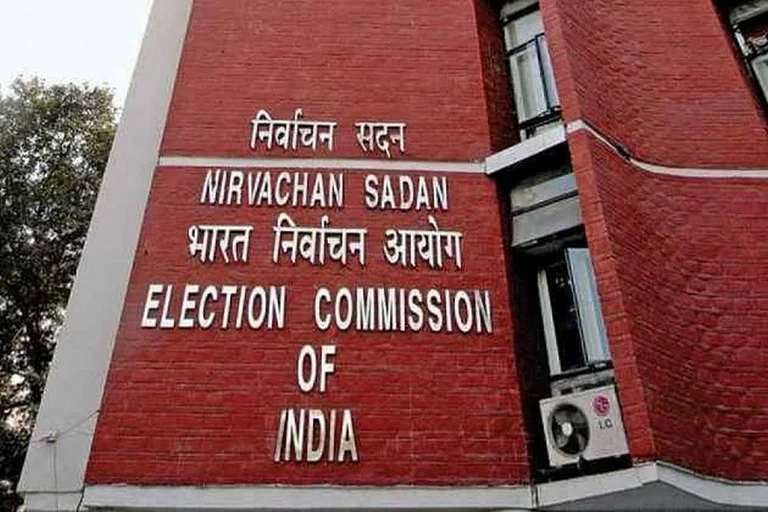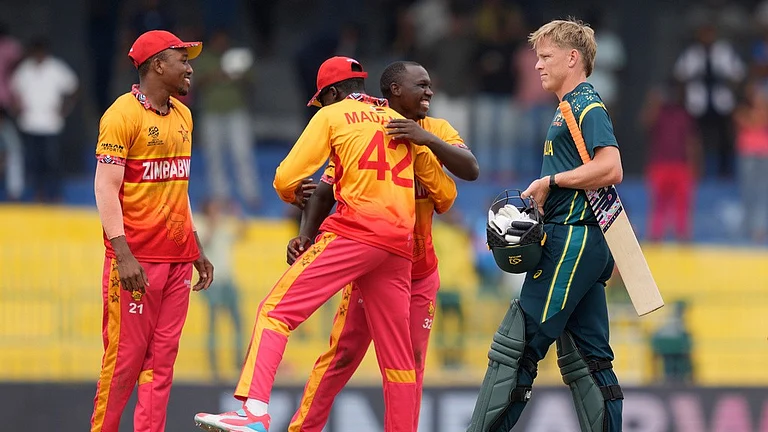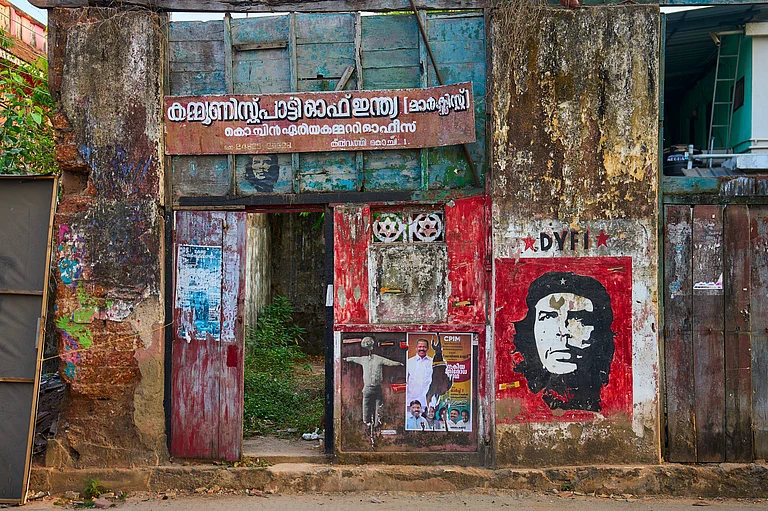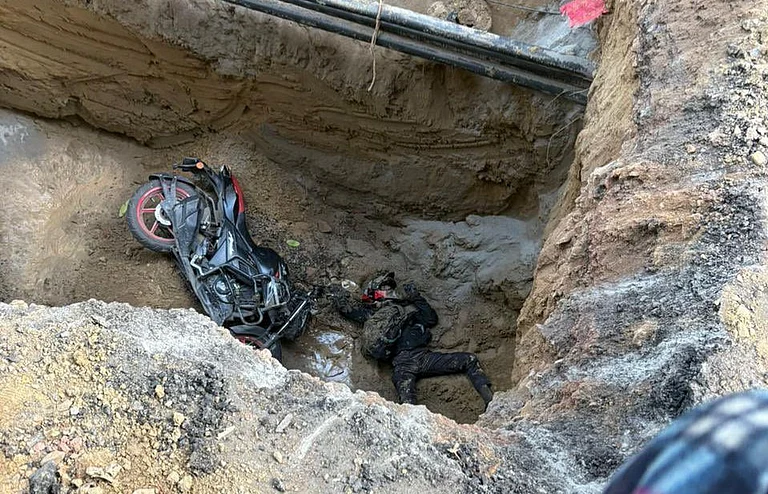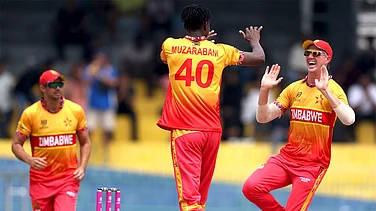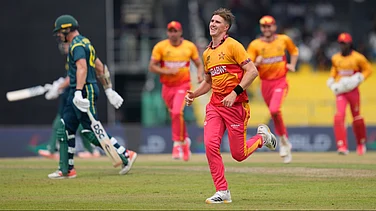There was no Kevin Keegan-style rant. (More Football News)
There was no William Gallas-like post-match tantrum.
There wasn’t anything that comes close to the drama of Steven Gerrard’s Anfield slip.
Still, that won’t prevent Arsenal’s late-season stumble from going down in the annals of the English Premier League’s most memorable collapses, quite simply because of the level its players were performing at to get themselves in position to win the title in the first place.
Only six top-flight teams in the history of English football have amassed more points by the halfway mark of the season than Arsenal’s haul of 50, based on three points for a win.
And the Gunners didn’t stop there; they powered into an eight-point lead with nine games remaining thanks to a 4-1 thrashing of Leeds on April 1 that continued the team’s attractive and attacking style of play. Manchester City, then in second place, had a game in hand, but even Pep Guardiola accepted there was nothing his team could do to stop Arsenal in this kind of form.
All City could do, Guardiola urged his team, was to stick around and hope for an unlikely slip-up from the long time leaders.
Well, that’s exactly what happened.
Yet City’s trademark strong end to the season — 11 straight wins and counting — is only half the story, with Arsenal not escaping scrutiny for tightening up when the pressure built.
The key period was a run of three games in April when Arsenal threw away two-goal leads at Liverpool and West Ham to draw 2-2, then dropped more points after a chaotic 3-3 draw at home to last-placed Southampton.
Then came a 4-1 dismantling by City at Etihad Stadium that marked a reality check for Arsenal and its young players, whose belief might have started to fade.
That City would win the league on Saturday, with three matches to spare, seemed improbable considering how Arsenal was playing just six weeks ago.
This might be the most stunning stat: Arsenal led the league for 248 days this season and not gone on to win it.
Placed in a historical context, the way Arsenal has fallen away doesn’t come close to the most famous title-race meltdown in England — by Newcastle in the 1995-96 season.
The team managed by Keegan was 12 points clear of Manchester United after 23 games, before losing five of its next eight games — including at home to United — leading to that memorable rant by an emotionally charged Keegan into a television camera.
“I’ll tell you, honestly, I will love it if we beat them, love it,” Keegan said about United, which won the league by four points.
United led Man City by eight points with six games remaining in the 2011-12 season and lost the title to its neighbor on goal difference after Sergio Aguero’s stoppage-time goal. United also led by 11 points with 10 games left in the 1997-98 season, but was reeled in by Arsene Wenger’s Arsenal.
Other collapses stand out, too, because of certain incidents that are part of league lore.
Arsenal’s title meltdown in 2007-08 — from being five points ahead with 12 games left — featured its captain, Gallas, staging a sit-down protest in the middle of the field after a 2-2 draw at 10-man Birmingham, which equalized with a stoppage-time penalty.
In 2013-14, Liverpool — seeking a first league trophy since 1990 — led by nine points from Man City but floundered late in the title race, especially in losing 2-0 at home to Chelsea when Gerrard famously slipped in the lead-up to the first goal.
There were key moments this season that Arsenal’s players would wish to have back again, like Bukayo Saka’s penalty miss that would have made it 3-0 against West Ham.
But there are other reasons why the team stuttered in what transpired to be a slow death.
SALIBA INJURY
Arsenal avoided important injuries to key players in the first half of the season, but that didn’t last. While the team survived the three-month injury absence of first-choice striker Gabriel Jesus after the World Cup, it was affected more by William Saliba’s back problem that has ruled him out since the middle of March. Rob Holding and Jakub Kiwior, who have filled in as replacements, have proved to be big downgrades.
SQUAD DEPTH
Saliba’s injury feeds into a general theme of Arsenal’s squad depth not being quite good enough to maintain a title challenge. The January signings of midfielders Jorginho and Leandro Trossard gave Mikel Arteta more options, but center midfield and center back remained concerns if first-choice players were injured. And Arsenal might need a more ruthless backup for Gabriel Jesus than Eddie Nketiah. The need for greater squad depth and quality will become more pronounced next season when Arsenal juggles domestic competitions with playing in the Champions League.
YOUTH
The freshness and youthful exuberance of Arteta’s squad was a positive in a first half of the season when the team blew opponents away. It might have been a negative when the pressure built in the final weeks. Arsenal has the youngest squad in the league, with an average age of 24.4 that was even lower before the arrival of Jorginho — at 30, the oldest member in the group. Too few of the team had the experience of a title race, or even of winning big trophies, explaining why Arteta signed Oleksandr Zinchenko and Jesus from City last year. It told in the end.







